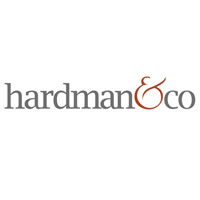It is almost a year since new regulations were introduced with the intention of clarifying the rules on the use of electronic signatures. However, one year on and many business (including law firms) still baulk at the idea of using e-signatures despite appreciating the importance of moving with the times and embracing technological change.
There are now a range of e-signature service providers available as this method of signing grows in popularity. These providers promise secure, efficient and effective e-signing platforms. Despite that, many businesses appear unwilling to use the method, particularly on high risk or high value transactions where the consequences of any mistakes can be serious.
Forms of e-signature
The regulations define three forms of signature, the first being simple electronic signatures. These are an electronic form of signature that a signatory can apply to a document as evidence of their acceptance or approval. This could be a scanned image of a signature or even the click of an “I accept” button. They do not require any form of special identification of the individual.
Many everyday transactions are already completed electronically and informal acceptance, with often limited confidence in the identity of the signatory, is good enough to form a valid agreement. This is understandable when you consider how much assurance a wet-ink signature can give. Common law states that a simple ‘X’ can amount to a signature but how does this represent a clear and identifiable individual?
An advanced electronic signature is uniquely linked to the individual and is capable of identifying them clearly. They are also linked to the data in a way that makes any subsequent changes to the content obvious.
A qualified electronic signature must meet the advanced electronic signature requirements and be backed by a trusted provider. This provider must verify the identity of the signatory and confirm the authenticity of the signature. More stringent requirements make qualified electronic signatures impractical for many everyday business transactions.
The regulations give qualified electronic signatures the same legal effect as handwritten signatures. However, they also provide that electronic signatures should not be denied legal effect just because they are not qualified signatures. Both the EU regulations and the UK’s Electronic Communications Act deal with the admissibility of electronic signatures but not their validity.



